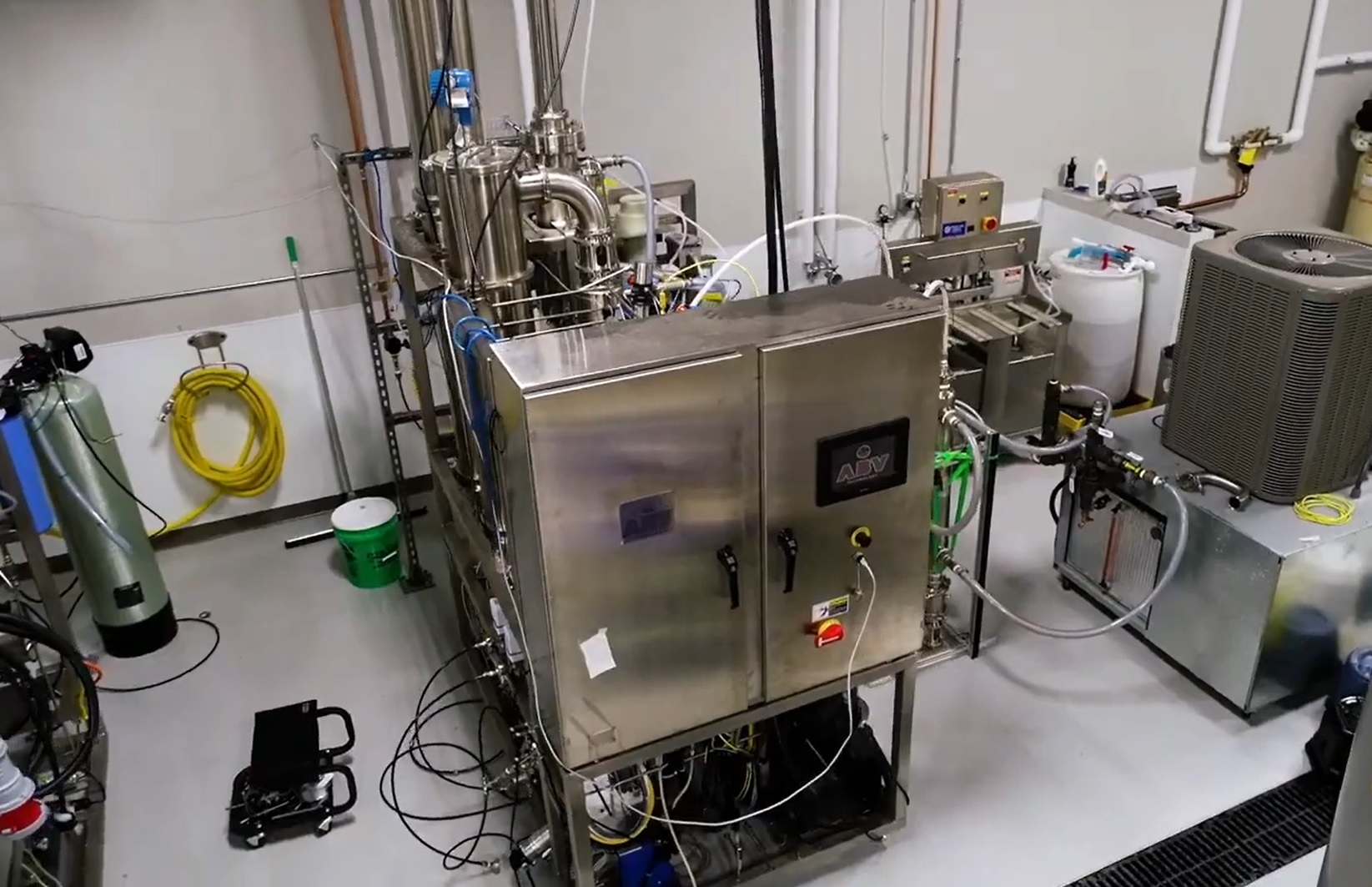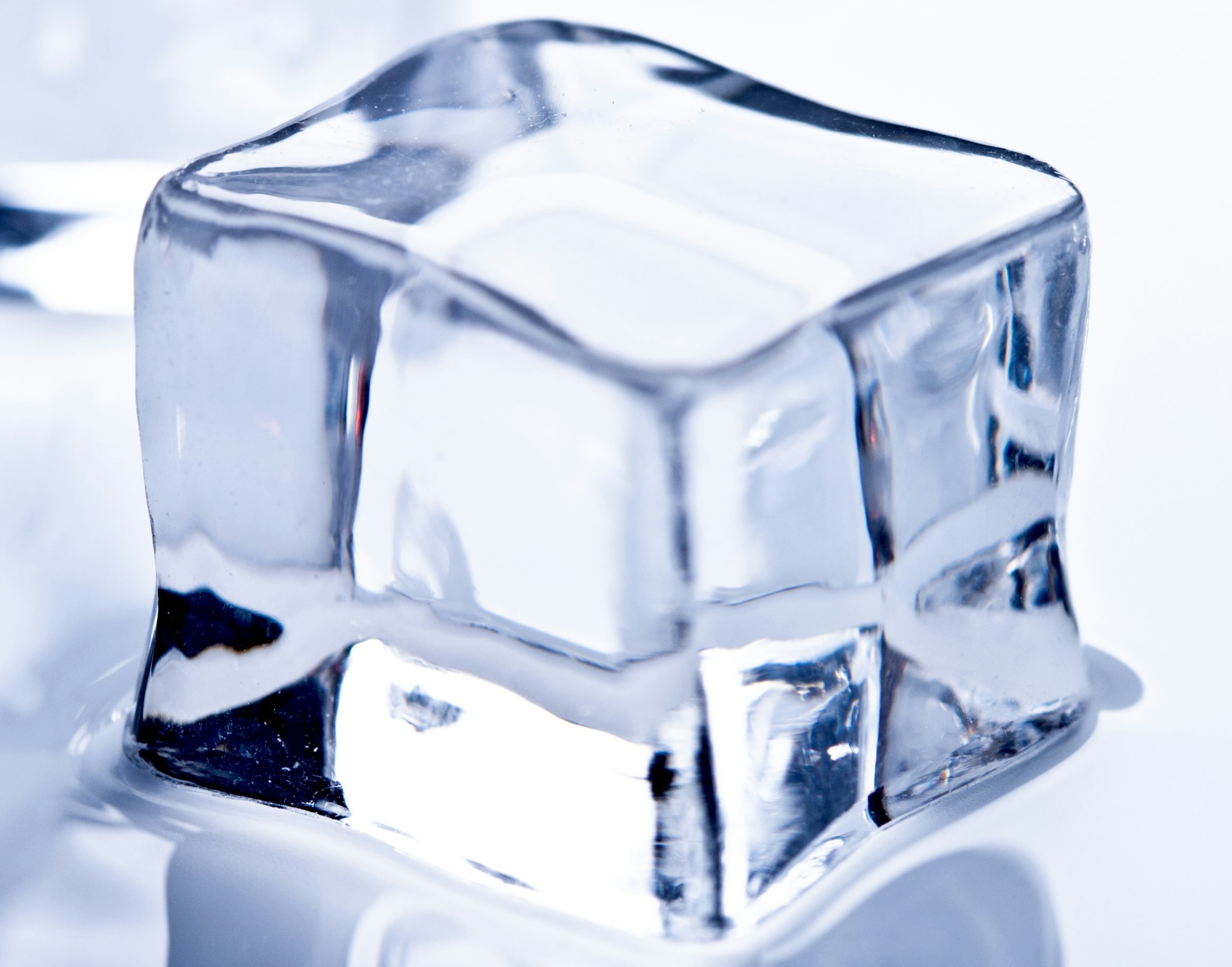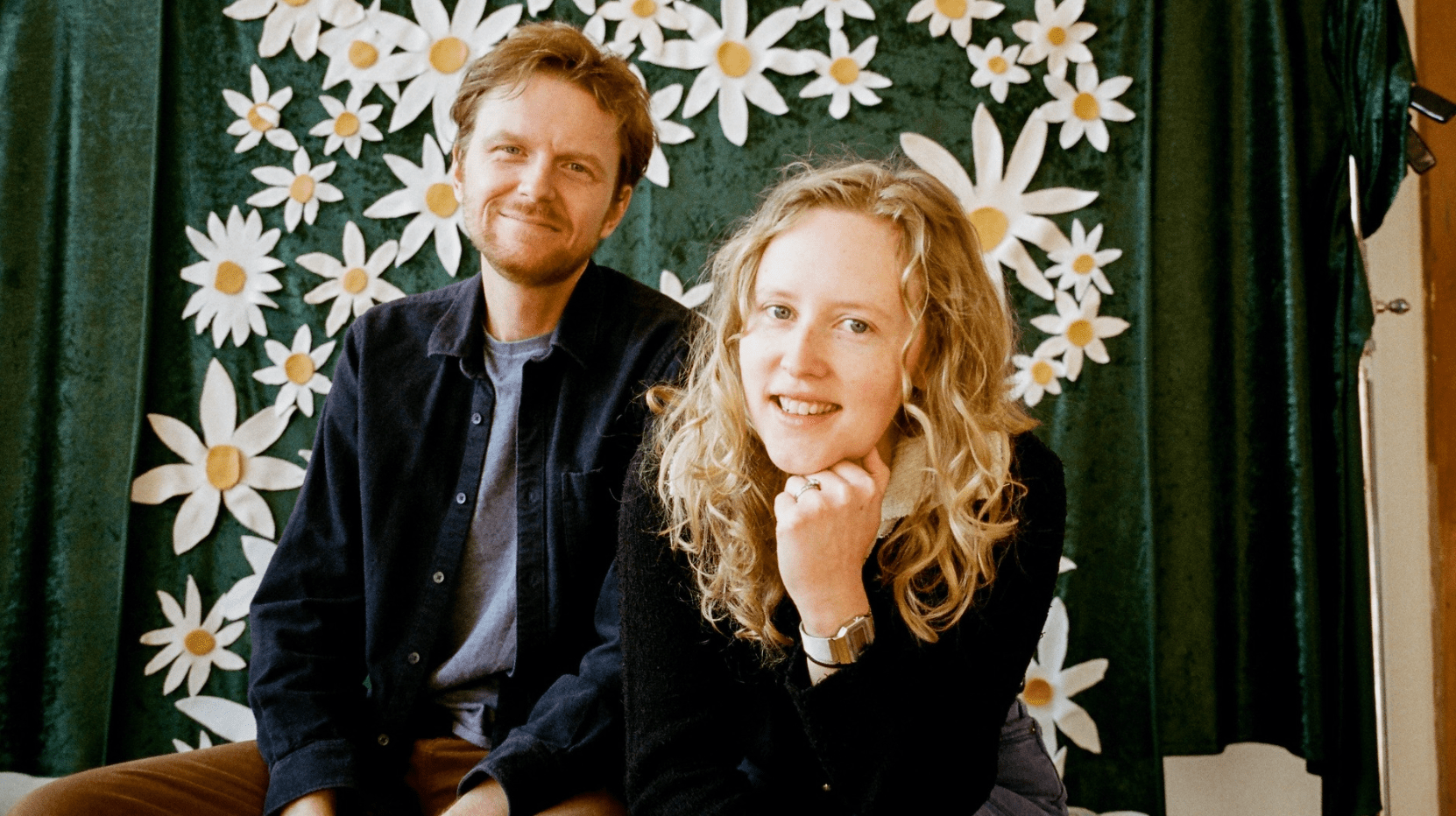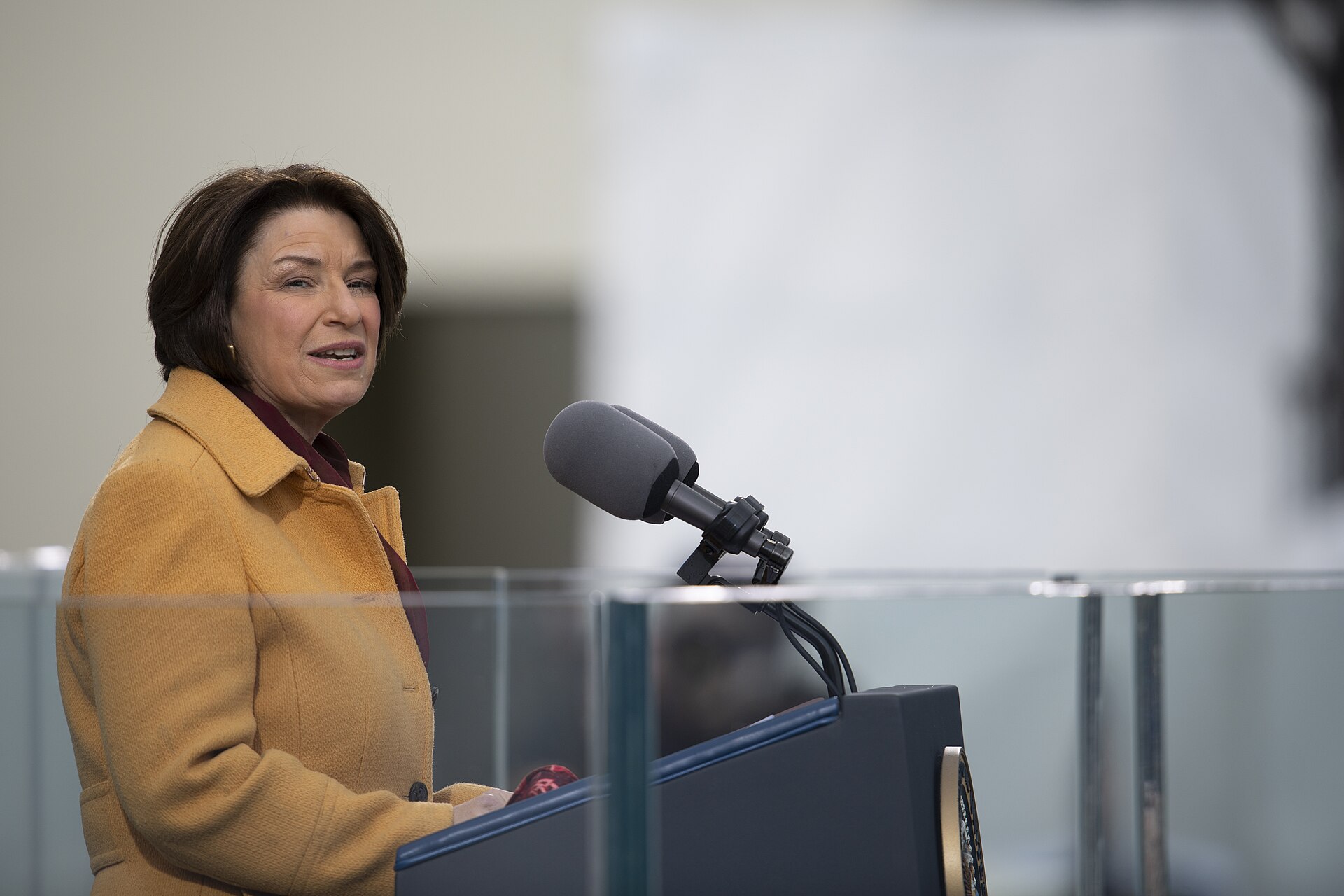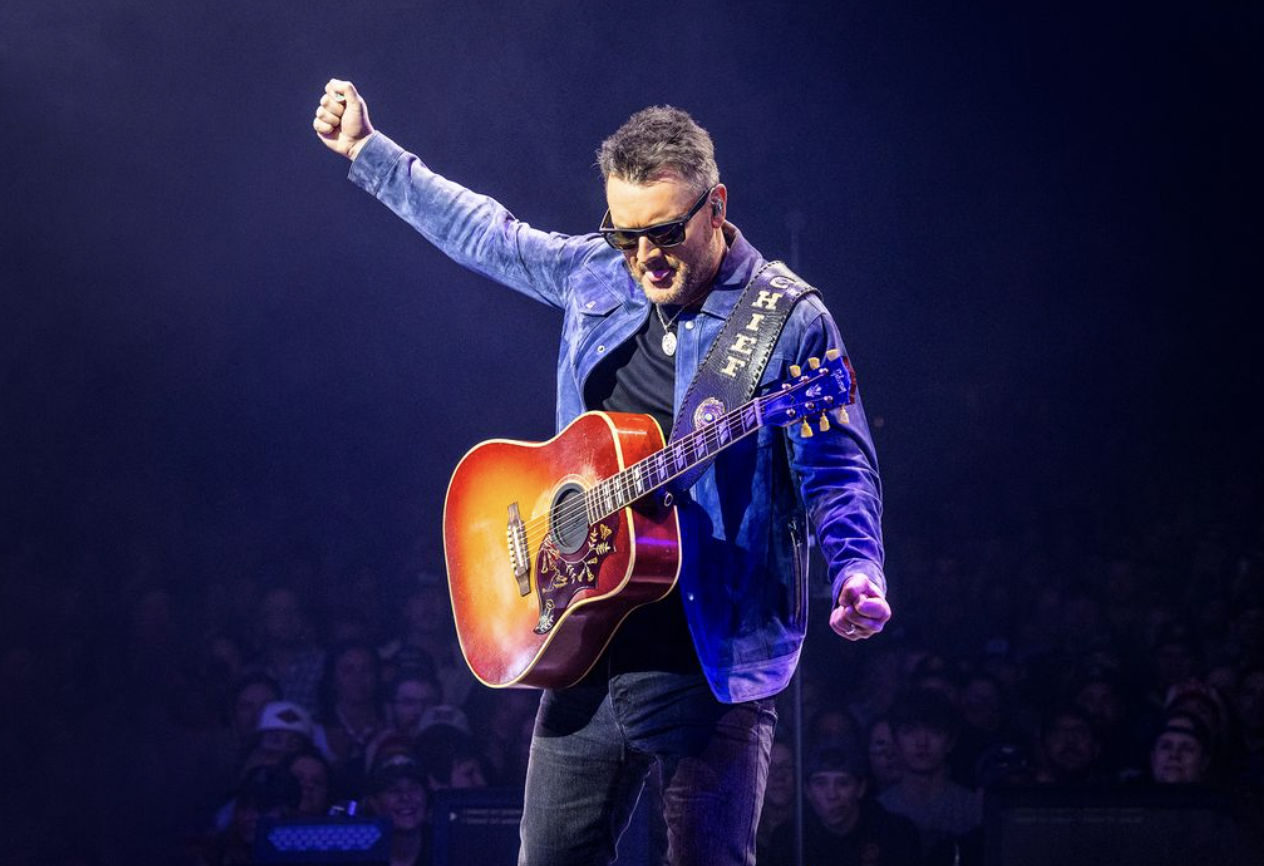Four years ago, Kurt Koppelman, Ben Jordan, and Patrick Frimat met at a bar to gameplan new business ventures. The friends weren’t even sure which industry to pursue; the sexy world of water irrigation was proposed, among other non-starters.
“We love to drink strong IPAs, and after two beers I’m barely legal to drive,” Frimat remembers. The crew started griping about how enjoying good beers gets you hammered too fast, prompting a fortuitous light-bulb moment: “Ben said, ‘Oh, it’s funny, I have the technology and the idea to make a machine that would remove alcohol from beer without affecting the taste.'”
Bingo.
In 2018, the biz partners launched ABV Technology, a St. Paul-based company founded to capitalize on the booming non-alcoholic (NA) beer sector, but within the craft-beer world.
“NA beer has been around forever, and it used to suck. Nobody wanted to touch it,” Frimat says. “We realized the big boys, the evil empire—InBev, Heineken, Miller-Coors—had been investing massively in the NA segment.”
ABV’s bet on that early market analysis—plus their own desire to guzzle good beer without getting wasted—has proven to be a winning one.
Non-alcoholic beer sales surged 38% in 2020, according to market research company IRI. The sector still represents a sliver of the overall beer industry (1.9%, Forbes reports), though its profit potential is obvious to macros and micros: Global NA sales are expected to jump by 10.3%, one recent study found, from $15.09 billion in 2020 to $16.65 billion in 2021.
Today, 30 Minnesota craft breweries utilize ABV’s tech, including Bauhaus Brew Labs, Dangerous Man Brewing Co., and Utepils Brewing. Nationally, the company has placed its “Equalizer” machine in Colorado, California, Nevada, Michigan, and soon, North Carolina. The $250,000 machine is cost prohibitive for most brewers to buy outright, Frimat says, so ABV partners with breweries in other parts of the country who serve as regional hubs for nearby competitors, allowing the host brewery and ABV to profit-share via per-barrel charges. Each machine can process 6,000 barrels per year.
Here’s our non-scientific explanation of the vacuum-separation process: Brewers bring their own special recipes, pour ‘em in the Equalizer, evaporation and low-level heat join forces to squeeze out the booze, and two streams come out the other end. One is a mixture of ethanol and water. The other is NA beer.
"I was expecting something like a lot of the macro NAs you see out there, that have a bad reputation for a good reason: They're not very good," Matt Schwandt, Bauhaus's co-founder/president, says in a promo video. "ABV's NA beers taste really, really good."
Schwandt helped ABV stumble into another lucrative industry. He noticed ABV dumping the water/ethanol output down the drain; the company hadn’t figured out how to monetize that (literal!) potential revenue stream. Schwandt asked to taste it, Frimat recalls, and dropped some highly profitable knowledge on the ABV guys: That’s hard seltzer.
“Not being the hip, young crowd, we had no idea what hard seltzer was two and half years ago,” Frimat says with a laugh. “But it’s basically a perfect hard seltzer base, ready for breweries to add flavors to.”
Following a massive spike in recent years, hard seltzer sales are beginning to wane. The sickos at Goldman Sachs still project global seltzer sales to hit $30 billion by 2025, Forbes reports.
Servicing two growth industries has been good business for ABV Technology. The 14-person company raised $1.3 million during its last round of private investment, and Frimat reports the current round is shaping up even better, even with COVID-19 dealing a brutal financial blow to Minnesota's 183 craft-beer producers.
“During COVID, the craft industry shrunk by 30 percent,” Frimat says. “But since this summer it’s been going gangbusters. It’s exciting.”
Not sure where to begin in the NA world? An exhaustive Growler blind taste test found 7 solid NA beers out of a field of 31. We can attest that the OG NA brew—O'Douls Amber—actually rips, as does the fancier Athletic Brewing Co. Check out Minnesota picks from local Redditors here.
